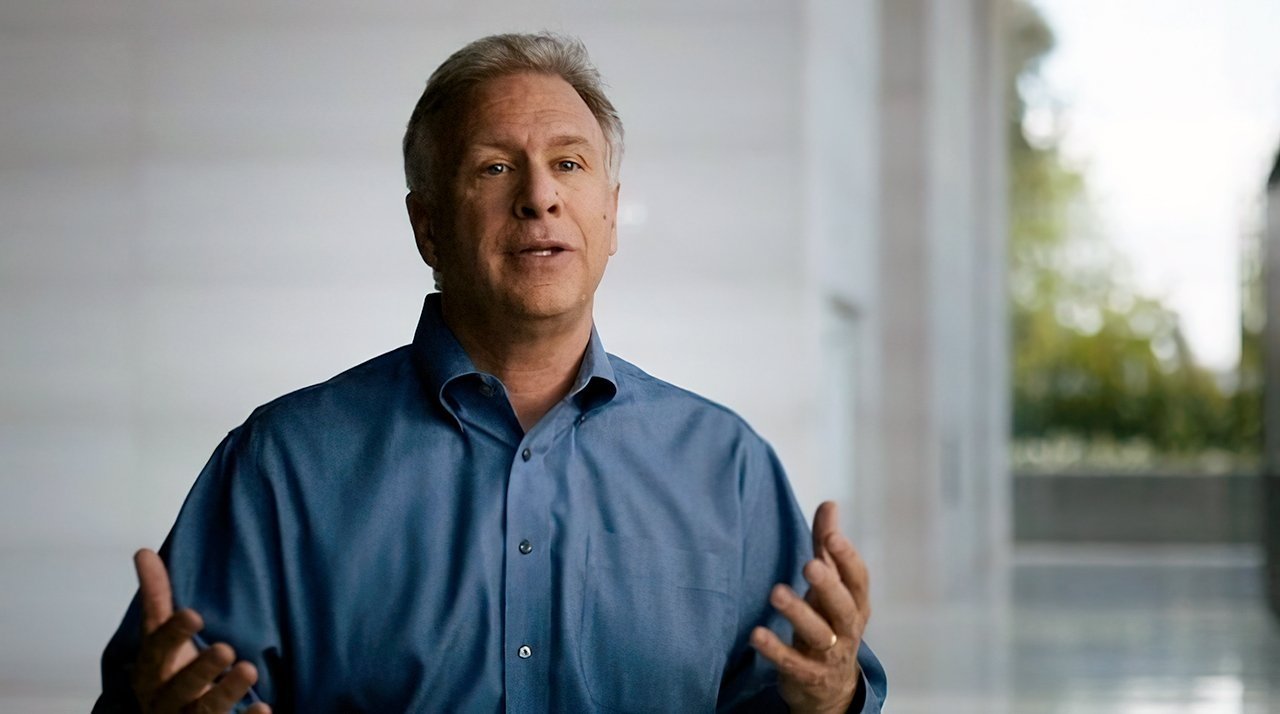Phil Schiller recounts concerns over App Store fees for external purchases in hearing
On Monday, while testifying in a court hearing related to the ongoing Apple vs Epic legal battle, Apple executive Phil Schiller recounted his concerns regarding the fees Apple imposes on purchases made outside the App Store.

Phil Schiller revealed that he had concerns over Apple's fees on purchases made through external websites.
During internal meetings at Apple, which dealt with the company's response to an anti-steering injunction, App Store head Phil Schiller said that he was against implementing a fee for purchases made via external websites. Schiller's concerns were only made public on Monday when the Apple executive testified in court.
Schiller explained that he had cautioned against implementing fees for external purchases, saying that they might lead to an antagonistic relationship between Apple and app developers. The testimony was first reported by The Washington Post.
Apple's commission system for in-app purchases has been the subject of multiple antitrust investigations and lawsuits over the years. Most notably, the iPhone maker is part of a high-profile lawsuit with Epic Games, as the latter attempted to implement a feature that allowed consumers to pay for in-game items without using Apple's in-app purchase system.
Epic Games initially claimed that Apple's 30% fees on in-app purchases were exorbitant, and it was alleged in a lawsuit that Apple's exclusive in-app purchase system was a monopoly. Throughout the long legal battle, Epic Games lost at nearly every step, but Apple didn't always win. U.S. District Judge Yvonne Gonzalez Rogers issued a court order that would allow developers to link to outside payment platforms.
After that, Epic Games asked that Apple be held in contempt of court for failing to adhere to the court order. Apple responded by requesting that the anti-steering order be set aside, citing new legal precedents.
Judge Gonzalez Rogers has yet to decide whether Apple will be held in contempt of court for violating the anti-steering order. In his testimony on Monday, Apple executive Phil Schiller recounted that he had "great concerns about the collections of funds from developers," also saying that collecting fees from external purchases would turn Apple into "some kind of a collection agency."
Schiller said that Apple would need "rules around how we handle nonpayment and whether ultimately it means we're going to have to do audits of developers."
"What happens if a developer doesn't pay and what is the process for that?" The Apple executive believed that collecting fees from alternative payment options would have a "detrimental" effect on the relationship between Apple and app developers.
Despite Schiller's apparent concerns, Apple set up a commission system for external purchases in January 2024, where purchases made through alternative means were charged a 27% fee. The decision was made through a pricing committee that included Apple CEO Tim Cook, former CFO Luca Maestri, and Phil Schiller.
According to TechCrunch, Apple considered multiple ways of discouraging external purchases, through link placement restrictions and warnings that would inform users of the potential security risks.
Epic Games founder and CEO Tim Sweeney commented on Schiller's testimony in an X post on Monday. Sweeney seemingly still sees Apple's fee collection system as "an absolute textbook case of malicious compliance," adding that Schiller's concerns were likely overruled by Cook and Maestri.
Apple App Store head Phil Schiller is publicly testifying in the Epic v Apple Contempt of Court hearing, and it's super spicy. An absolute textbook case of malicious compliance, supported by a lengthy paper trail.
And it wasn't explicitly said, but the testimony had the vibe that https://t.co/EWGetceYxP-- Tim Sweeney (@TimSweeneyEpic)
The case is set to continue with additional hearings on Tuesday and Wednesday. Carson Oliver, an Apple employee who worked under Phil Schiller, is among those scheduled to testify. It remains to be seen whether Judge Gonzalez Rogers will ultimately find Apple in contempt of court for violating the existing anti-steering injunction.
Read on AppleInsider


Comments
Another Steve Jobs position was that Apple would not do a dividend or share buy backs. He liked maintaining a cash cushion for security and investing in the business.
Maybe both positions were unsustainable, but it would have been interesting to see how SJ would have handled these things, had he lived.